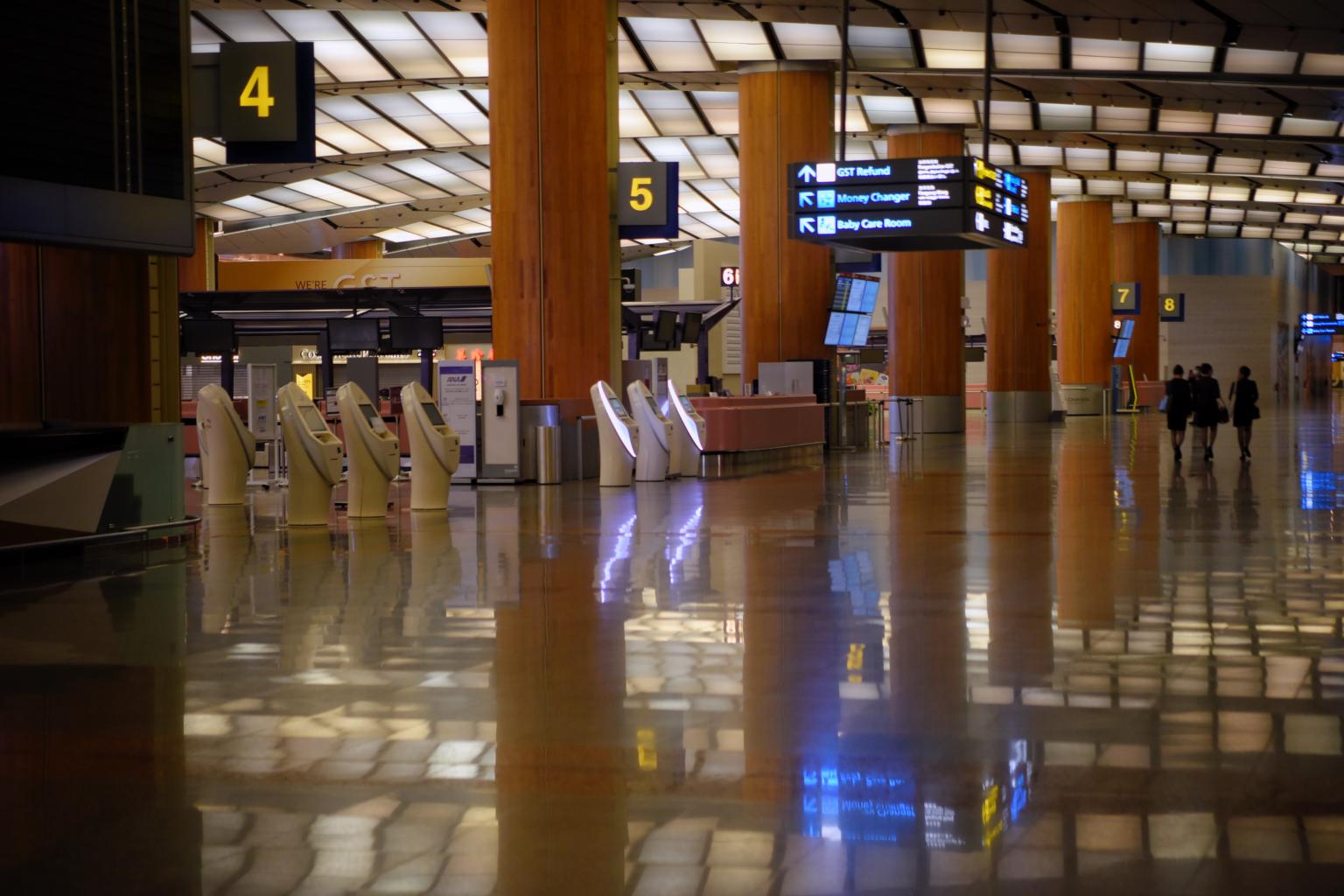Singapore visitor arrivals in March lowest since Sars outbreak in 2003
Sign up now: Get ST's newsletters delivered to your inbox

The tourism industry has been among the hardest hit by the outbreak.
ST PHOTO: MARK CHEONG
Tiffany Fumiko Tay
Follow topic:
SINGAPORE - The number of visitors to Singapore plummeted to about 240,000 in March, the lowest since the Sars outbreak hit the Republic in 2003.
The number of arrivals last month represents an 85 per cent year-on-year drop, according to figures published by the Singapore Tourism Board (STB) on the Singapore Tourism Analytics Network website.
The last fall of this magnitude was during the peak of the Sars, or severe acute respiratory syndrome, outbreak here in April and May 2003, when Singapore received 217,000 visitors and 191,000 visitors respectively.
Figures for last month show that Indonesia was the top source of visitors with about 46,500 arrivals, followed by the United Kingdom with 20,600 and Australia with 18,700.
Arrivals from Singapore's traditional top source market, China, were a dismal 1,500 amid travel restrictions on its citizens.
About 2.7 million tourists arrived in Singapore between January and March, a 43 per cent decrease compared with the same period last year.
Mr Poh Chi Chuan, STB's executive director for digital transformation, told The Straits Times that last month's decline was expected, given Singapore's various entry restrictions, including a ban on short-term visitors which came into effect on March 24.
"We expect this downtrend to continue in the light of the global Covid-19 spread," he said.
The tourism industry has been among the hardest hit by the outbreak, with travel now ground to a halt and attractions and entertainment venues forced to close during the Republic's circuit breaker period, which has been extended to June 1.
Trade and Industry Minister Chan Chun Sing noted the deep impact that the pandemic has had on the industry in a Facebook post on Wednesday (April 29).
He said he had participated in a special video conference meeting of Asean tourism ministers earlier in the day to discuss how to tackle the pandemic collectively and decisively.
Recovery will require more than just tourism industry help schemes, he said, adding that Singapore had shared the need to work together on three issues during the meeting.
The first is elevating and harmonising health and hygiene standards for the tourism sector to boost confidence in the region.
"Secondly, as we jointly promote South-east Asia as a regional destination and draw strength from our connectivity, we must also be aware that any weak link amongst us will affect the perceptions on all of us collectively," he wrote.
"We must maintain the connectivity of our air, land and sea links and preserve the landing rights with respective members."
Asean member countries should also build up their technological capabilities and common infrastructure in areas such as contact tracing and adoption of digital systems to facilitate travel, said Mr Chan.
"Even as we are working together to deal with the crisis, we are also looking ahead to plan for post-pandemic recovery plans to restore Asean's connectivity, tourism, normal business and social activities," he said.

